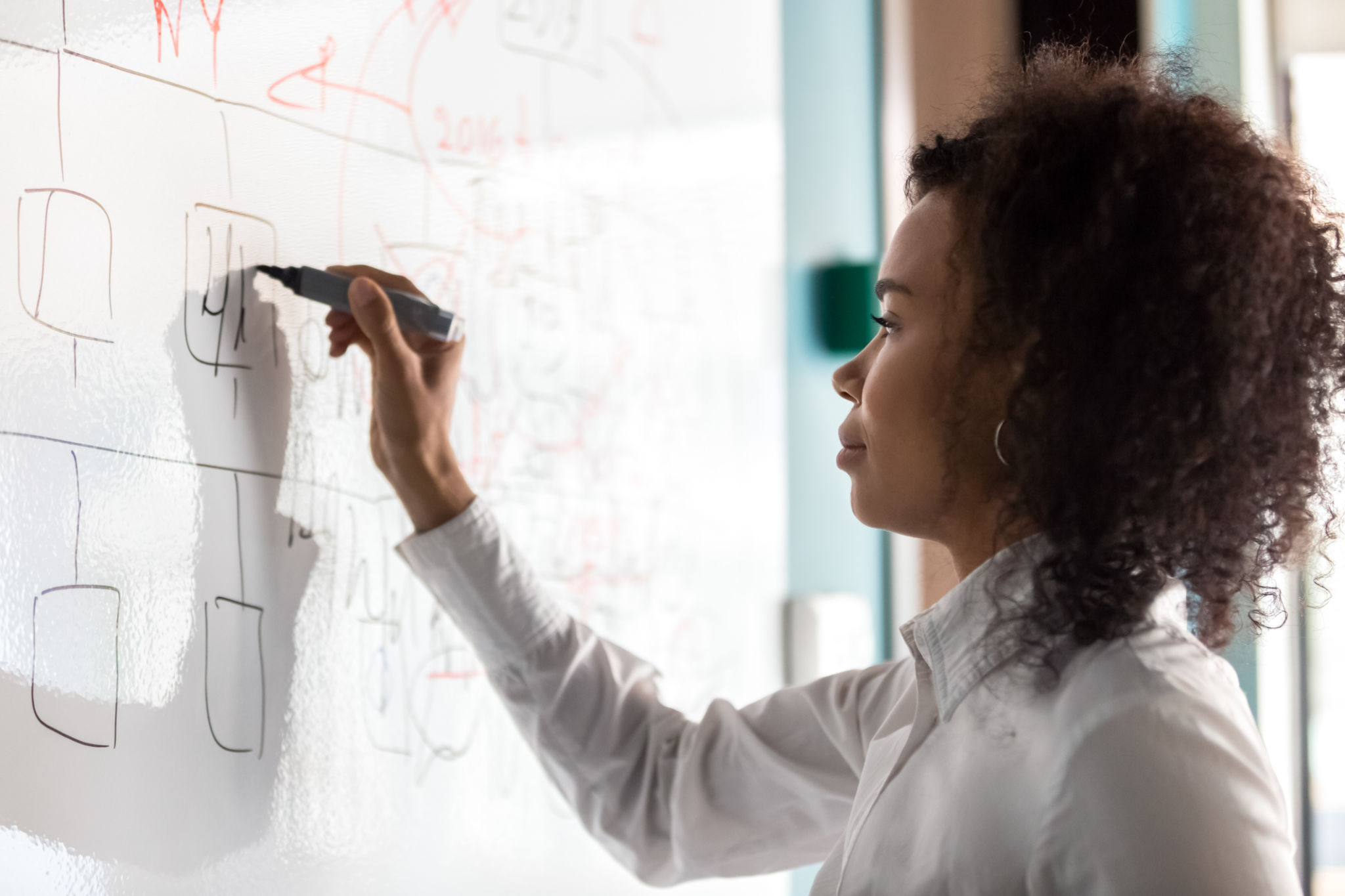Top Tips for Communicating Effectively at Your Next Event
Understand Your Audience
Before you even step foot into the venue, it's crucial to understand your audience. Knowing who you're speaking to can significantly influence the way you communicate. Are they industry experts, potential clients, or general attendees with a casual interest in the subject? Tailor your message accordingly, ensuring it resonates with those you're addressing. This approach not only boosts engagement but also enhances the overall impact of your communication.
Research and Pre-Event Preparation
Preparation is key to effective communication. Research the event, its theme, and the attendees. This will help you craft a message that is not only relevant but also compelling. Prepare talking points, practice your delivery, and anticipate questions that might arise. The more prepared you are, the more confident you'll feel, and confidence is contagious.

Craft a Clear and Concise Message
At any event, time is of the essence. Communicate your message clearly and concisely to ensure it is understood and remembered. Avoid jargon unless it's appropriate for the audience, and use simple language to convey complex ideas. Your goal is to make sure your audience walks away with a clear understanding of your key points.
Utilize Visual Aids
Visual aids can significantly enhance your communication by making your message more engaging and easier to understand. Use slides, videos, or props to illustrate your points. However, avoid overloading your visuals with information; they should support your speech, not distract from it.

Engage with Your Audience
Engagement is a two-way street. Encourage interaction by asking questions or inviting feedback during your presentation. This not only keeps the audience interested but also provides valuable insights into their thoughts and concerns. Additionally, by engaging with your audience, you make the event more dynamic and memorable.
Listen Actively
Effective communication involves listening as much as speaking. Pay attention to audience responses and body language. Active listening allows you to adjust your message on the fly and address any misunderstandings or concerns. It also shows respect for your audience's input, building rapport and trust.

Follow Up After the Event
The communication doesn't end when the event does. Follow up with attendees to reinforce your message and keep the conversation going. Send personalized thank-you notes, share additional resources, or invite them to connect on social media platforms. This continued engagement can lead to lasting relationships and future opportunities.
Evaluate and Reflect
Finally, take time to evaluate the effectiveness of your communication. Reflect on what worked well and what could be improved for future events. Gather feedback from attendees to gain additional perspectives. Continuous improvement is essential for becoming a more effective communicator.